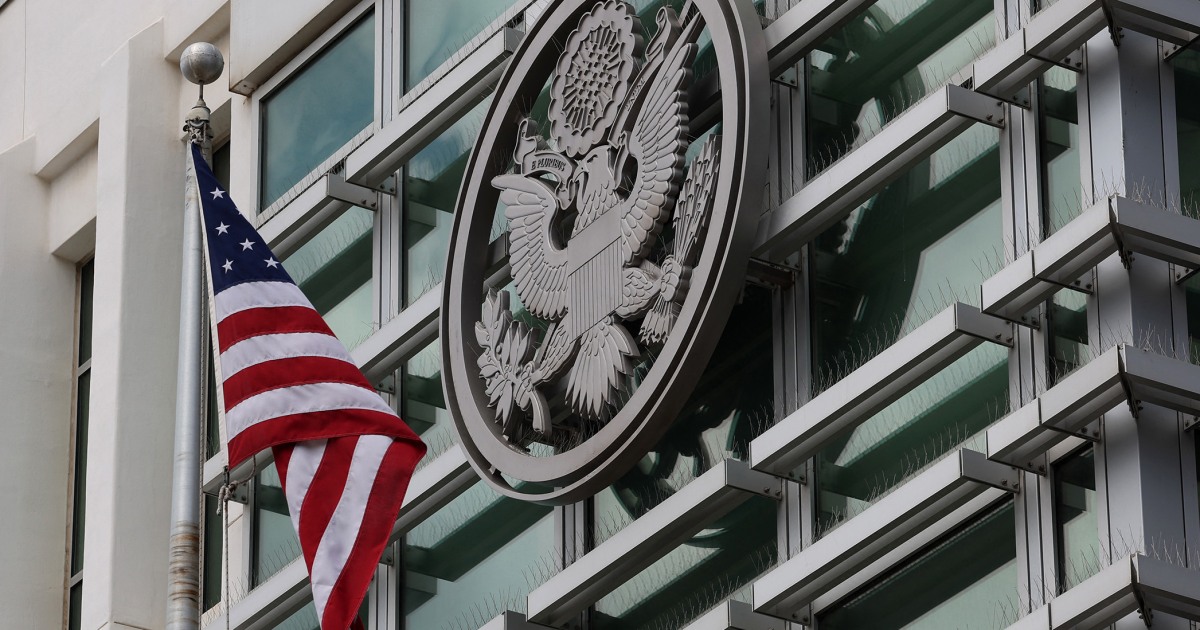Operation Sindoor: India's Military Response to Terrorism

In a decisive move against terrorism, India has launched Operation Sindoor, a military initiative that has reportedly resulted in the elimination of over 100 terrorists. Defence Minister Rajnath Singh announced the operation's outcomes while addressing opposition leaders on Thursday afternoon. This military response was triggered by a recent terror attack in Pahalgam, which claimed the lives of 26 individuals, mostly civilians.
During the briefing, Defence Minister Singh emphasized that Operation Sindoor is an "ongoing operation," indicating that the Indian military is prepared to respond promptly to any escalations from Pakistan. He assured the public that the government is not seeking further military confrontations but is fully committed to retaliating if provoked by enemy forces.
Reports have emerged suggesting that Pakistan is contemplating a military response to India's recent actions. In the meantime, the Indian opposition has shown unity in supporting the government’s efforts against cross-border terrorism. Mallikarjun Kharge, the Congress party leader, expressed solidarity, stating, "We heard what they said... they also said some information had to remain confidential. We said 'we are all with the government'." This sentiment was echoed during an all-party meeting that unfolded in a constructive atmosphere, as noted by Parliamentary Affairs Minister Kiren Rijiju.
Sources from the government disclosed to NDTV that the operation resulted in the death of 70 terrorists, while also dismantling key terrorist infrastructure within targeted regions. Operation Sindoor was executed as a synchronized 25-minute strike employing precision weaponry, including SCALP missiles and HAMMER bombs, targeting nine terrorist camps located in Pakistan and Pakistan-occupied Kashmir (PoK).
Among the identified targets were command centers and training facilities linked to notorious terrorist outfits such as Lashkar-e-Taiba and Jaish-e-Mohammed. A proxy of Lashkar-e-Taiba was responsible for the Pahalgam attack, while Jaish-e-Mohammed was behind the infamous 2019 Pulwama attack, which resulted in the deaths of 40 Indian soldiers.
Colonel Sofiya Qureshi of the Indian Army provided details during a press briefing, stating that the targets were selected based on credible intelligence regarding their roles in cross-border terrorism. Importantly, she clarified that no Pakistani military establishments were involved in the strikes, and the operation was meticulously planned to minimize civilian casualties. Accompanying her, Wing Commander Vyomika Singh of the Air Force reassured that the Indian military remains on alert should the Pakistani military decide to retaliate.
The backdrop for Operation Sindoor includes the tragic events of a fortnight ago when 26 people were killed in the Baisaran Valley, a popular tourist destination in Jammu and Kashmir. Witness accounts describe many victims being shot at point-blank range before their loved ones, leading to widespread outrage both domestically and internationally. India has consistently accused Pakistan of supporting cross-border terrorism and claims to possess evidence linking the Pakistani deep state to various terror activities.
In response to the escalating situation, Islamabad has denied India's accusations and has called for an international investigation into the matter. However, during a recent United Nations Security Council meeting, Pakistani officials faced tough inquiries regarding the continued operation of terror groups such as Lashkar-e-Taiba on its soil.
Prior to Operation Sindoor, India announced a series of non-military measures aimed at Pakistan, which included suspending certain visa categories and putting the 1960 Indus Waters Treaty (IWT) on hold. The IWT governs the division of the Indus River and its five tributaries between India and Pakistan, providing vital water resources for nearly 80% of Pakistan's agriculture. Pakistan condemned the IWT's suspension as an "act of war," retaliating by placing the 1972 Simla Agreement, which determines the Line of Control, on hold.
Since the Pahalgam attack, cross-border firing from Pakistan has escalated, resulting in the deaths of 13 individuals, including one soldier. The Pakistani Army has targeted various sectors along the Line of Control (LoC), including Uri, Kupwara, Baramulla, and Akhnoor. In response, the Indian Army is conducting what it describes as a proportionate military response to the ongoing provocations.


























